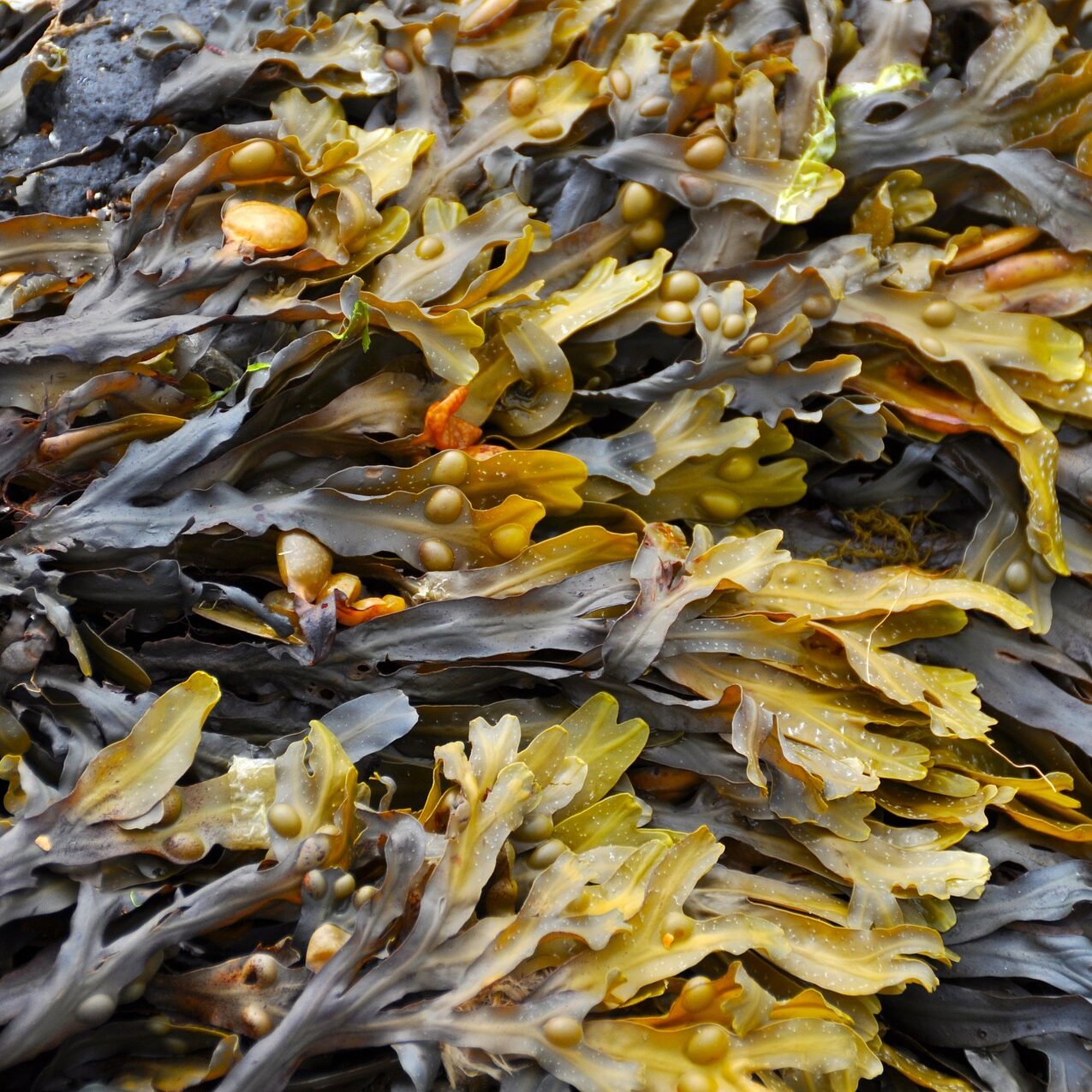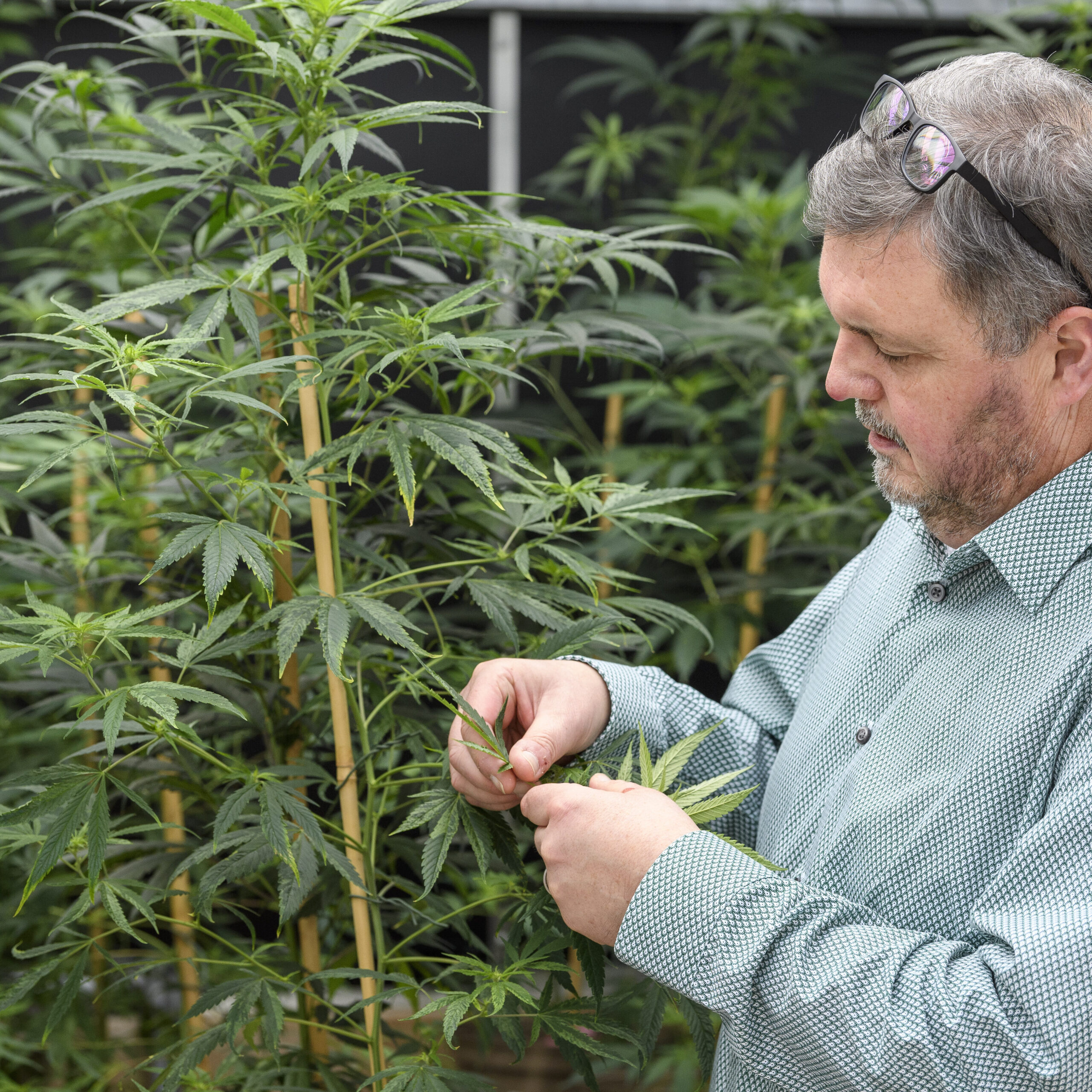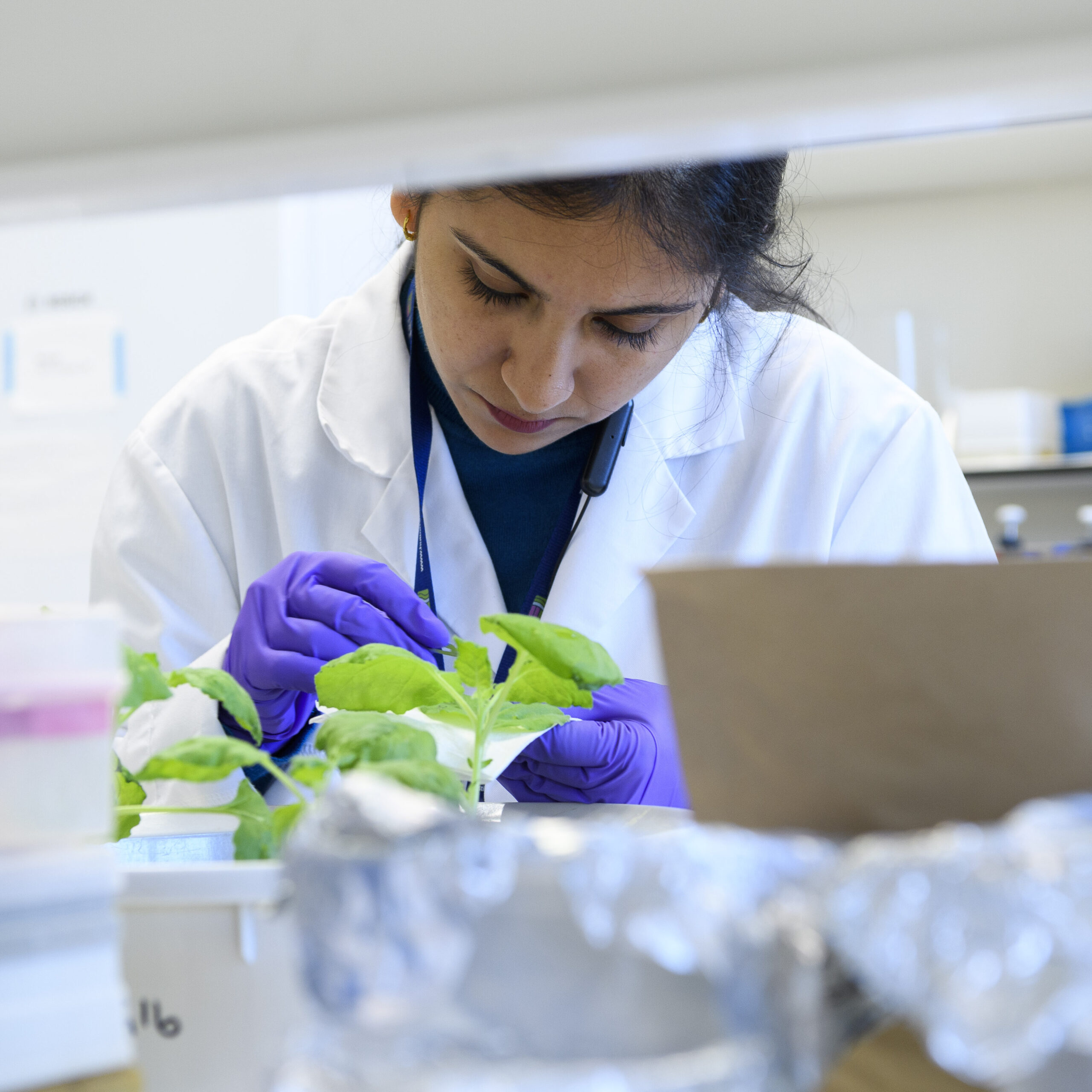Natural Products
James Hutton Institute Scientific Services specialises in analysing natural products such as seaweed, medicinal plants, and cannabis components, enhancing raw material quality and product development.
We hold Home Office licenses to analyse and grow high THC, CBD, and terpene cannabis partnering with companies to improve cannabis cultivation. Additionally, we offer analytical services to develop sustainable aquaculture feeds, and biomass valorisation.
Advanced analytical services for seaweed, medicinal plants, and aquaculture
Seaweed:
Adapting techniques honed on terrestrial plant biomass, we canassess key seaweed components for food, animal feed, hydrocolloids, antioxidants, and biomedical uses. Expertise in polysaccharide chemistry enables us to analyze structures and content of alginates, fucoidans, cellulose, laminarins, and mannitol. We use non-destructive Fourier transform infrared spectroscopy for accelerated screening of component changes during storage, extraction, and processing.
We also assess protein levels, amino acid composition, digestibility, lipid content, fatty acid composition (including omega FAs), sterols, and carotenoids. Our mass spectrometry techniques can analyze polyphenols, betaines, and other seaweed-specific compounds. We use ICP-MS/OES to detect heavy metals, iodine, and essential elements like potassium and phosphorus.
Our field team advises on seaweed and co-product use in plant fertilizers and biostimulants, conducting trials from lab to field scale to confirm efficacy. We also provide insights into biostimulant mechanisms, including effects on soil microbiota and nutrient uptake. Through collaborations, we support the optimization of seaweed processing and co-product valorisation.
We stand out from other companies in the range of techniques we can integrate and the collaborative approach our scientists take.
Andy Kindness, Science Group Leader



Medicinal Plants:
Using our expertise in agronomy, pest and disease control and the facilities of the Advanced Plant Growth Centre, we can partner with companies to improve the growth, yield, physiology and metabolite profile of medicinal cannabis varieties. This can involve our expertise in controlled environment agriculture techniques (such as vertical farming) to assess the effect of light profiles and regimes on overall plant growth but also the chemo-profiles of cannabis. We can delve into the interactions between environment, genotype and cannabinoid, flavonoid and terpene composition using our expertise in mass spectrometry-based techniques. These can be partnered with transcriptomic studies to understand the underlying gene expression changes and therefore look for the potential for genotypic variation.
In addition, through Hutton Scientific Services, we provide product release testing of medicinal cannabis in accordance with the European Pharmacopoeia monograph for Cannabis Flower (3028). We offer a full suite of tests to Good Manufacturing Practice (GMP) standards including cannabinoid content assay and profiling, identification tests, foreign matter, loss on drying, total ash, mycotoxins, heavy metals, terpenes and pesticides.
Aquaculture:
We provide analytical services to support the development of high-quality aquaculture products. This can include the possibility of using waste or co-product streams as nutrient sources for aquaculture feeds or confirming the levels of key components.
The analysis can confirm the levels of crucial feed components such as the omega fatty acids, various vitamins (A and E) and carotenoids such as astaxanthin, as well as confirming protein content and assessing protein quality and digestibility. Through our ICP-MS facilities, we can also define the levels of potentially detrimental components including heavy metals. These techniques can be applied to confirm levels in existing feed stocks or in new sources of feeds including cop-products from other sectors.
